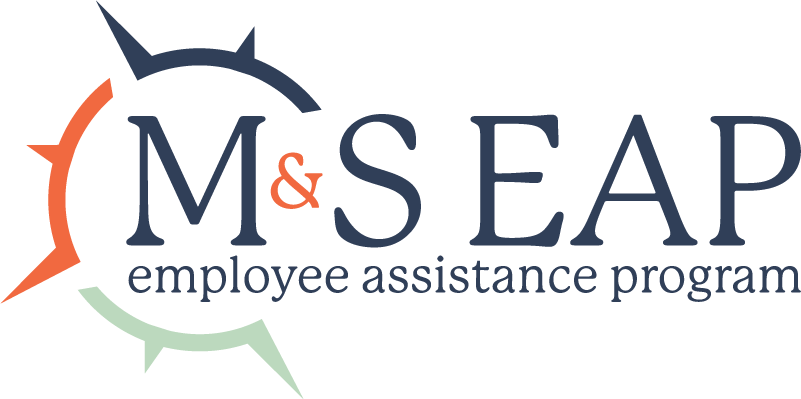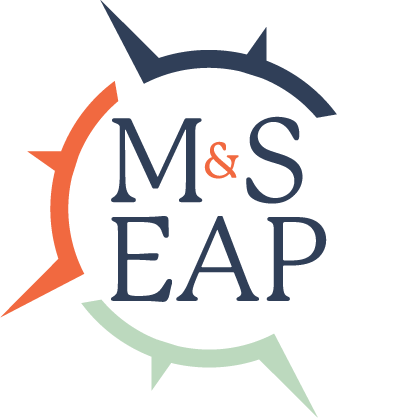Does EAP Counseling Protect Your Job?

As more and more organizations look to add counseling services to their list of offered employee benefits, many workers are finding themselves with questions about how these programs work and what protections, if any, they have when they participate. At times, EAP counseling involves seeking help with issues that could potentially impact one’s employment (drug and alcohol addiction, anger management, etc.), so it’s understandable that employees would want to know they are protected in certain key ways before utilizing their employee assistance programs.
The most common question employees ask is whether participating in workplace counseling will help them keep their jobs in situations where they have been referred to an EAP counselor by their HR manager. The answer to this is complex. Employees also worry about voluntarily seeking help for behavior that could potentially lead to termination, and about the confidentiality of EAP providers.
Will Mandatory EAP Referrals Help You Keep Your Job?
If your supervisor refers you to the company’s EAP for counseling due to a work-related issue, your job could potentially be on the line. This is especially true when it comes to referrals based on substance abuse, because many state and federal protections for workers depend on the employee participating in appropriate drug and alcohol cessation counseling.
Most of the time, a referral to EAP by an employer or HR manager is an attempt to help the worker overcome a particular issue without endangering their job. In such cases, refusal to participate could risk one’s employment. It is worth noting that different companies have different procedures when it comes to handling employee records for those referred to EAP services by their employers. You should seek clarification from your HR department and your EAP provider if you have questions about how mandatory referrals are handled in your workplace.
For Voluntary EAP Utilization, Does Patient Confidentiality Protect Employees?
The short answer is yes. Unless the employee has signed a waiver allowing their employer to access their counseling records, patient confidentiality comes into play for EAP counseling sessions. That means workers can feel comfortable seeking out early intervention if they feel they are facing issues with drugs or alcohol. It also means they can count on confidentiality if they seek help for dealing with stressors in their family lives, or even stressors in the workplace.
EAP Confidentiality Is Vital
It’s important that both employees and employers understand how vital confidentiality is to the foundation of the program when they see an EAP provider. Confidentiality accomplishes the following:
- Encourages self-referrals
- Helps maximize the number of employees using their EAP benefits
- Boosts the effectiveness of sessions by making it safe to disclose information
It’s in the best interest of an organization and its workforce to make voluntary EAP utilization as safe and confidential as possible. That being said, employees who are referred to an EAP provider as part of the Drug-Free Workplace Act or another work-related issue should expect some level of accountability reporting. Otherwise, there’s no way to ensure that the referred individuals have followed through with the necessary treatment requirements.
For more information about the confidential employee assistance programs available from Mazzitti and Sullivan EAP, please contact us or check out our list of customized employee benefits and HR tools. If your organization already contracts with Mazzitti and Sullivan, you can access your employee benefits through our online member portal.



